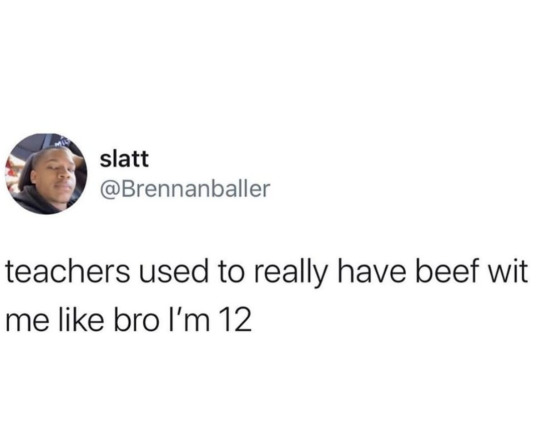Text
fuck small talk how old were you when anxiety took over your entire being and turned you into someone who’s unrecognizable from your childhood self
29K notes
·
View notes
Text
Shhhh keep studying ❤️ You can cry after you get your degree ❤️❤️❤️❤️
676 notes
·
View notes
Text
thanks for following me, let’s start arranging the marriage
175K notes
·
View notes
Text
Me: *puts study music on*
My brain:
Time to look at ✨ memes ✨
32 notes
·
View notes
Photo


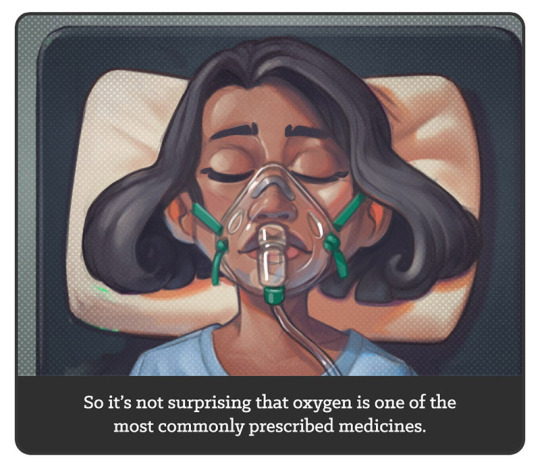
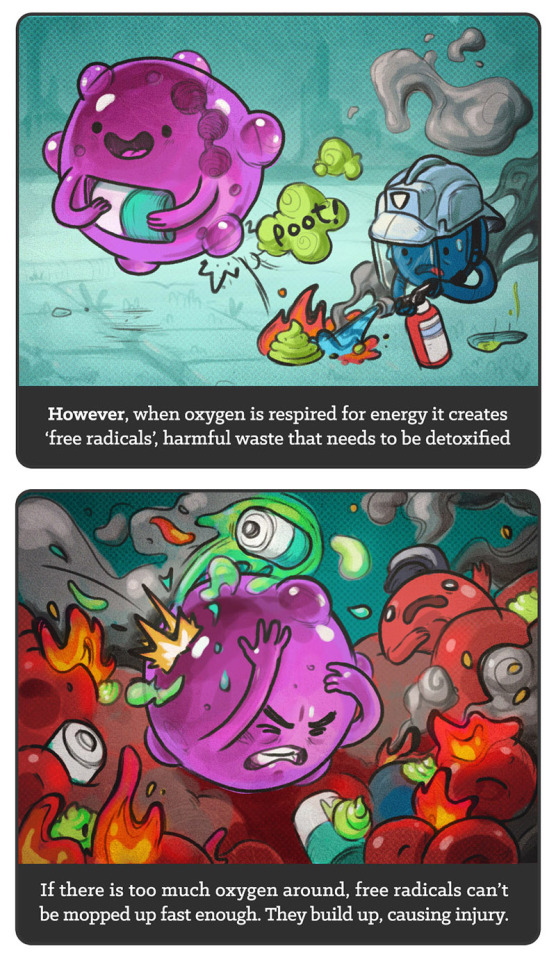
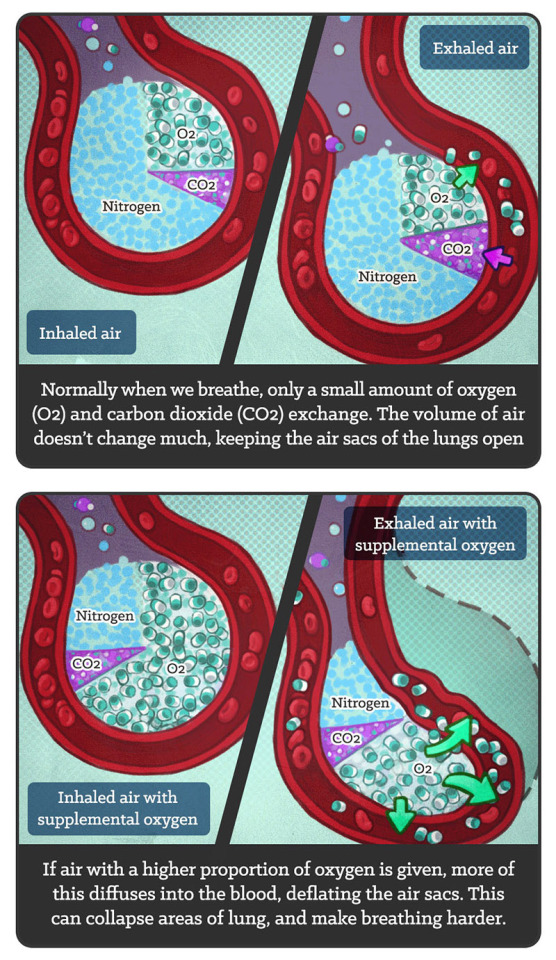
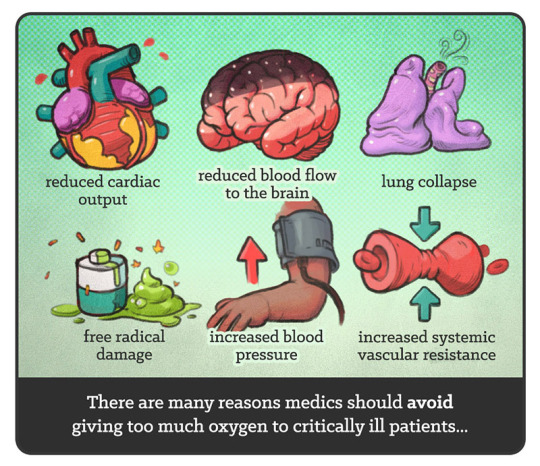


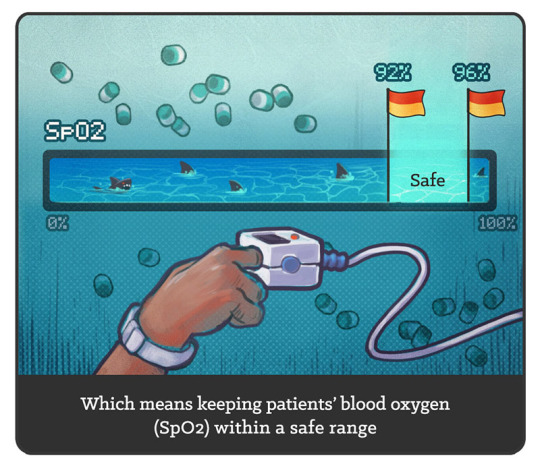
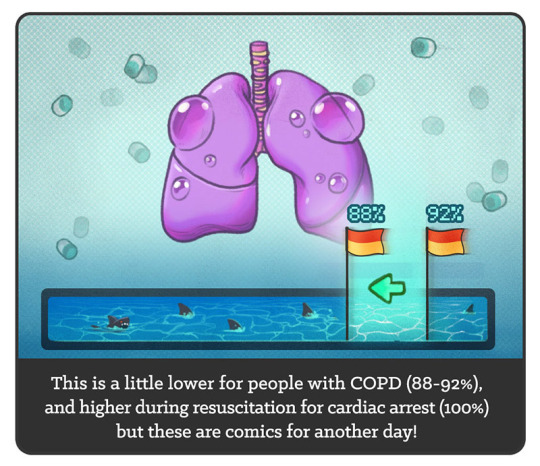
“How much oxygen do we really need?”
A comic introduction to the concept of ‘swimming between the flags’ which guides how medics give oxygen to critically unwell patients. It’s not about how much oxygen is given, but the concentration in the blood that this results in. Sometimes giving no additional oxygen is the right choice!
More comics: https://artibiotics.com/
Support: https://artibiotics.com/support
948 notes
·
View notes
Text
Know your Neurotransmitters
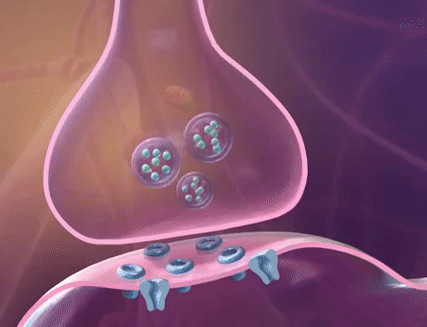
You’ve probably heard about oxytocin in relation to hugging, dopamine in terms of addiction and serotonin in relation to depression. Neurotransmitters are crucial for all sorts of operations in your brain, including mood, appetite and movement. When dysregulated they can lead to undesirable outcomes, including mood disorders like depression and bipolar disorder, addiction and substance use disorders, and psychosis.
You may hear that ‘people with depression have a serotonin shortage’ or ‘addiction is caused by dopamine dysregulation’, and whilst that has some basis in science, the workings of these chemical messengers are somewhat mysterious and definitely more complex than that. Disorders are caused by a number of interactions and neurotransmitters, but for the sake of understanding, let’s keep it simple! In this article we’ll focus on those that are most commonly associated with mood and mental health: serotonin, dopamine, GABA, norepinephrine, oxytocin, and endorphins.
What are neurotransmitters?
Neurotransmitters are chemical messengers that communicate between the neurons in your brain. Whenever you think, move, learn, feel, perceive or do pretty much anything at all (even when you think you’re doing nothing), electrochemical impulses are rushing along pathways of neurons to make things happen. There are approximately 86 billion neurons in the brain and they do not actually touch each other! Instead they have small synapses where they ‘connect’, gaps of about 40 nanometres between them. For context, there are one million nanometres in a millimetre! The presynaptic (sending) neuron releases these neurotransmitters into the gap, which are picked up by the postsynaptic (receiving) neuron, triggering a response. All this happens a LOT faster than you can say ‘Give me the happy ones please brain!’
Serotonin: The Moody One
We mostly hear about serotonin with regard to mood, particularly that low levels cause depression. People who take antidepressant drugs, are likely to be taking SSRIs — Selective Serotonin Reuptake Inhibitors — which work by preventing presynaptic neurons from taking back the serotonin they release into the synapse so there is more available for the brain to use. As well as mood, serotonin is involved in appetite, sleep, memory, impulse inhibition and sexual desire. If you’re low on it, you might experience depression, anxiety, aggression, irritability, impulsivity, insomnia or poor appetite.
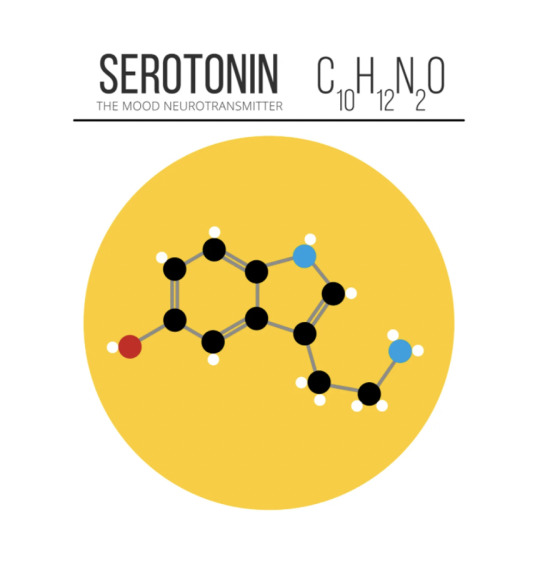
How to get enough
The essential ingredient for serotonin is tryptophan, found in salmon, eggs, spinach and seeds, or available as a supplement. Other players in the synthesis and regulation processes include magnesium, zinc, vitamins D, B6, B12 and L-methionine, and deficiencies in any of these could affect your serotonin availability.
How to ‘hack’ it for happiness
Giving, receiving or even witnessing an act of kindness boosts your serotonin, as does sunlight, exercise, and getting a massage.
Dopamine: The Hedonistic One
Dopamine is most commonly discussed for its role in pleasure, reward and motivation. The neurons in your brain that go crazy when you eat cake, have sex, or take drugs are full of dopamine receptors. It is involved in motivation, satisfaction and reward-driven behaviour, as well as movement, sleep, mood and learning. Too much dopamine is linked to aggression, poor impulse control, binge eating, addiction, and has been linked to psychosis and hallucinations in schizophrenia. Low dopamine is seen in movement disorders like Parkinson’s Disease, and may also result in low motivation, energy and sex drive, brain fog, and mood swings.
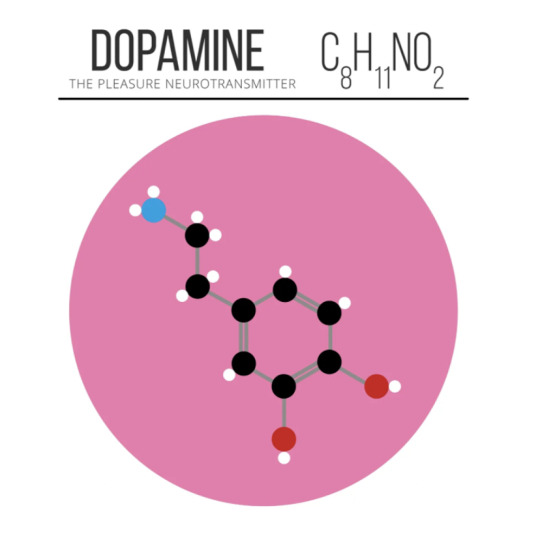
How to get enough
Dopamine is made from Tyrosine, which your body creates from phenylalanine, which can be found in meat, fish, eggs, tofu, almonds, avocadoes, milk, nuts and seeds. Tyrosine is also available as a supplement. Other players in the dopamine game that you’ll want to get enough of include copper, iron, and vitamins B3, B6, B9, and C. When you eat food that is high in sugar you’ll get a surge of dopamine, however this can lead to the same kind of desensitisation and tolerance as a drug addiction, with your brain needing more and more to get the same dopaminalicious reward. Poor sleep and chronic stress will also deplete your dopamine.
How to ‘hack’ it for productivity
Dopamine’s main purpose is actually motivation rather than pleasure, making sure you enjoy activities like eating and reproducing so you continue to do them. Think about how enjoyable it is planning a holiday, or clothes shopping for a hot date you’re excited about. Set goals, and use your pleasurable dopamine-surge activities as rewards instead of distractions.
GABA: The Chill One
Gamma-Aminobutyric Acid (GABA) is that neurotransmitter that walks into the chaos and reminds everyone to relax. It is inhibitory, produces a calming effect, reducing anxiety, stress and fear, and helping you sleep. Benzodiazepines like Valium work by enhancing the effect of GABA. If you don’t have enough you may suffer from panic, anxiety and even seizures. GABA is produced naturally in the brain, and low levels can be caused by an inadequate diet, genetics and prolonged stress.

How to get enough
Vitamin B6 is essential for GABA production. You can buy GABA as a food supplement, but scientists aren’t convinced it actually does anything.
How to ‘hack’ it for relaxation
It probably won’t surprise you that yoga, meditation and deep breathing improve your GABA functions. You’ll get the best results if you incorporate them as a regular practice, rather than just when you need them.
Norepinephrine: The Alert One (also known as noradrenaline)
Multitasking norepinephrine functions as a neurotransmitter and a hormone, released into the blood in response to stress. It is involved in attention and alarm response, including the body’s fight or flight response, to help mobilise you for action in the face of danger. It is also implicated in emotions, sleeping, dreaming and is important for memory and learning. Low levels are associated with lethargy, lack of focus and attention, and depression. Overactivity can amplify our normal stress reactions and cause symptoms like anxiety, insomnia, irritability and mood swings.
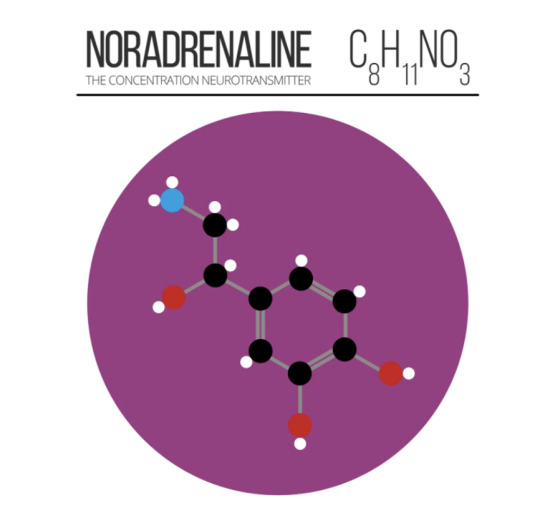
How to get enough (and regulate it)
Norepinephrine is made from dopamine! It starts with phenylalanine, and goes one step further than dopamine, requiring all the ingredients dopamine requires, and then oxygen and vitamin C to undertake that next transformation. Chronic stress causes prolonged activation of the norepinephrine system, which uses up all your resources, stealing energy from your healing and maintenance systems to prepare for this apparent ongoing threat. Finding ways to reduce stress (see GABA: The Chill One) will regulate your norepinephrine.
How to ‘hack’ it for attention and memory
Coffee’ll do it!
Oxytocin: The Loving One
Oxytocin is both a hormone and a neuropeptide. A neuropeptide is like a large-sized neurotransmitter, and is usually associated with slow, prolonged effects instead of quick ones. Oxytocin is known as ‘the love hormone’ and induces feelings of affection and trust, while inhibiting the brain’s fear response. There you go… this is probably the scientific basis for that hippy notion of fear being the opposite of love! It plays a crucial role in childbirth, breastfeeding, and parental bonding.
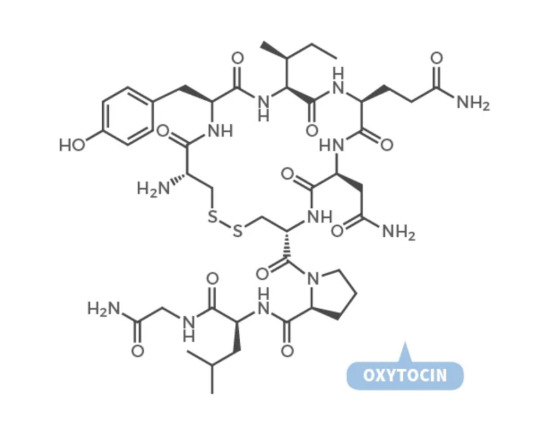
How to get enough of it
You can purchase oxytocin as a nasal spray, and it has been shown to promote trust, kindness, emotion recognition and sensitivity. But beware the ‘dark side’ of the cuddle chemical… a 2009 study has shown it can also increase aggression, envy, jealousy and gloating!
How to hack it for those loving feelings
Some studies have shown you can increase oxytocin by meditating, patting your dog or hugging.
Endorphins: The Feelgood One
Most famous for their part in the ‘runner’s high’, endorphins are another neuropeptide. When you feel amazing after a good workout, that’s your endorphins in action. They act as a natural pain reliever, working on the same neuroreceptors as opiates like morphine. They are released as a response to stress or pain, and also during eating, exercising and sex. They improve your mood, lower your stress and boost your self-esteem.
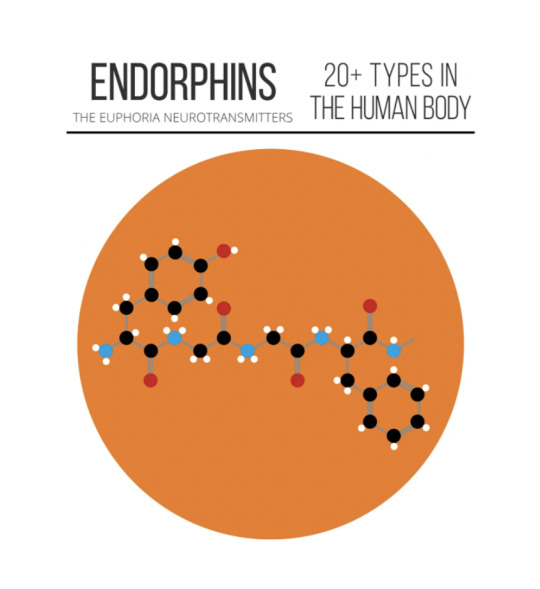
How to get enough of them
Endorphins are produced naturally in the body. We don’t know a lot about endorphin deficiency, but some studies have shown they can become depleted through habitual alcohol use or after traumatic experiences.
How to ‘hack’ them for good feels
You can give yourself a boost of endorphins by eating dark chocolate or something spicy, having a glass of wine, creating music, dancing, doing a workout, meditating, getting a massage, having a sauna or volunteering. Even just having a good laugh will get them working, so watching a good comedy might give you what you need.
Just to reiterate, this is a simplistic explanation and neurotransmitters work in complex ways with each other, with hormones, and with various parts of the body and brain to create different moods and psychological states. We still have a lot to learn about the true nature of these interactions — the brain is a fun and complicated thing to study! But there’s nothing to lose in friending up with your neurotransmitters and giving them the nutrition and stimulus to encourage them. They might even reward you with those oh-so-good brain feels we like so much.
By Larissa Wright (Medium). Gif by AnatomyLearn. Illustration by Compound Interest.
998 notes
·
View notes
Text


5th December 2020
“What simple action could you take today to produce a new momentum toward succes in your life?”
My anatomy flash card board is growing 🥰
38 notes
·
View notes
Text
I do believe that doctors should be able to be completely honest with their patients, and if they are overweight they should be able to talk about it. It's the way how some doctors bring weight up that makes it a fatphobic experience. If they could explain why they think being overweight is related to the condition the patient is in instead of just saying "its because you need to lose weight" that would be better. And from what I've seen from clinicals its not just doctors shitting on overweight doctors but also very often patients will do the same. For example a personal experience of mine would be that my dad is overweight and has an internist for his diabetes, his internist is diabetic herself and overweight so whenever she talks about his weight we all get to hear how fat she is when he gets home. He doesn't take her seriously because of her weight which I find very alarming. I've tried to explain to him that the knowledge she has isn't determined by her weight and that it's not about her health but his own. He just keeps saying "would you trust a doctor that smokes to help you with your lungcancer".
As a medical student, I can honestly say that the system does in fact teach fatphobia, but not necessarily in the way you would think. Throughout med school, we are taught that while a patient’s body habitus is important to consider, weight loss and gain can be signs and symptoms of SO many conditions, and can mask other underlying conditions (Cushing’s disease, heart failure, etc). The med schools also teach to not discriminate, and to treat all patients equally and ethically. Students come out of pre-clinical med school very optimistic, thoughtful and cautious.
This all changes during placements. In clinical years and internships, watching your superiors make these diagnoses, and being told “they come in all the time, they would be better if they just lost some weight”, something starts to stick. Med students become cynical from treating hundreds of cases of the same thing, in mostly elderly patients who do actually just need to live a healthier lifestyle. But when exceptions come along, they are so jaded by their experiences in the system that they won’t consider differential diagnoses. This is a SYSTEMIC problem.
Also, if you weren’t aware, the number one mental illness among medical students?
Eating disorders.
15K notes
·
View notes
Text
just wanna warn u guys if you have online open book exams dont use adobe pdf reader because today she really said "bye" to me when I was making my exam. MIRACULOUSLY all my files didnt react anymore and then closed one by one.
22 notes
·
View notes
Text
me: making a realistic schedule for studying is selfcare!
also me: *plans 6 months worth of coursework in 5 days* 🤡
103 notes
·
View notes
Text
arent patient lectures the best? not only to learn and gain knowledge, not only to remember us med students what we rightfully are dedicating our lives to, but they are also great to take a break from all the stressful typing and to just listen. whenever i had patient lectures at the lecture hall pre-covid, my laptop was closed, i was sipping on a late and eating silent snacks with my friends, listening to the story of a real patient like it was a live greys anatomy episode. it was a way to relax, bond with fellow med students and learn and its sad to realize that due to covid we probabily wont experience lectures like that again.
#patient lectures will forever be my favourite thing about med school#medical school#med school#medicine#university#nursing#pre-med#greys anatomy
8 notes
·
View notes
Text
guys usually my exams are over a period of 4 weeks and ive never had one over 8 weeks so im noticing that my old study technique of just passively reading the materials repeatedly is not working anymore bc its just too much material so i cant keep repeating it. i have 7 days left, no time to make flashcards so how do i actively read through my 48382827372 lectures?
35 notes
·
View notes
Text
as a short girl i feel hella intimidated by tall ppl in white coats bc when they wear it, it looks like this:

but when I wear it, it looks like this:

61 notes
·
View notes
Text
are u a ~wake up early to study to have the rest of the day off~ kinda person or a ~starting after dinner till midnight~ kinda person or are you like me & have to do both in order to pass
76 notes
·
View notes


